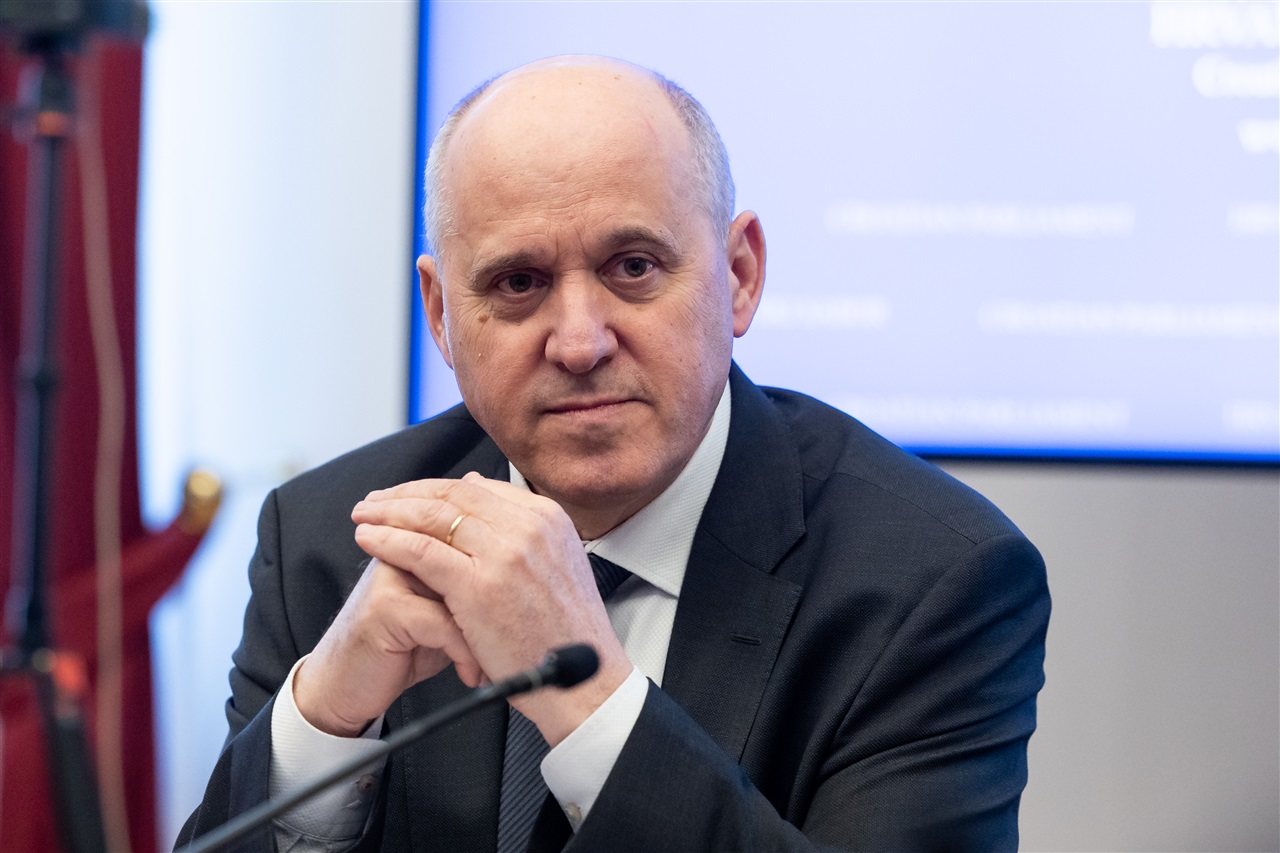
Zagreb - The Croatian parliament's Physical Planning and Construction Committee on Tuesday supported by a majority vote a draft bill on the reconstruction of buildings damaged by the earthquake, and in addition to the ruling coalition, the draft bill received support also from part of the opposition.
Committee member Urša Raukar Gamulin (We Can!) made her support conditional on the adoption of the amendments. The Bridge party's Marija Selak Raspudić did not participate in the vote, but she announced earlier that her group would be against it because she believed that the bill, like the previous one, was unenforceable and confusing.
I feel ashamed and embarrassed that we are discussing the reconstruction law with the third minister for the fourth time, said Selak Raspudić.
MPs of the Social Democratic Party (SDP) welcomed the simplification and facilitation of the reconstruction, but also wondered why there had been no intervention earlier. They expressed concern about the possible lack of contractors and the rising prices of construction works.
Bačić: Simpler procedures and less paperwork
Presenting the bill, Deputy Prime Minister and Minister of Physical Planning, Construction and State Assets, Branko Bačić, said that it brought a changed concept of reconstruction, simpler procedures, less required documentation and fewer participants in the entire process.
In order to simplify, harmonise, unify and make the entire process easier to manage, the bill puts the reconstruction under the umbrella of one institution, the Ministry of Construction.
Bačić said that during the public consultation, more than a hundred objections had been received, of which 29 were adopted, and he said that they were ready to accept amendments that would further srtreamline the reconstruction process. The Croatian chambers of architects, engineers in construction and physical planning and mechanical engineers did not comment on the bill in a professional and technical sense, he said.
He also pointed out that one of the priorities was to provide housing for citizens in container homes and that they were also working on providing housing for citizens not living in container homes.
The plan is to acquire, by the end of June, around 500 prefabricated wooden houses, which would be financed with EU funds. Some of the citizens will also be accommodated in 216 state apartments that are currently being renovated, Bačić said.
Project "State Friends of Donors"
The project "State Friends of Donors" is another novelty, and as part of it the state will at its own expense remove the existing house and lay the foundations for a new one for those who have an offer from a donor to have their house built.
"I take my hat off to each of them", said Bačić, adding that seven houses would be built in Banovina with the help of donors, while another 20 would undergo structural retrofitting.
He also pointed out that the state was carrying out reconstruction projects worth €700 million in the Zagreb and Petrinja areas.
The law is at a fast-track procedure because there is no more time for a regular procedure, after which the necessary regulations will be adopted.
"About €600 million should be spent by the end of June, which is the value of the two Pelješac bridges", he said in response to a question from Sanja Radolović (SDP), who asked if it would be possible to use the funds from the Solidarity Fund.
Bačić also warned that some companies, which were participating in the reconstruction, were bankrupt or going bankrupt and that it was not clear whether companies from Turkey would continue working on the reconstruction after the earthquake in their country.